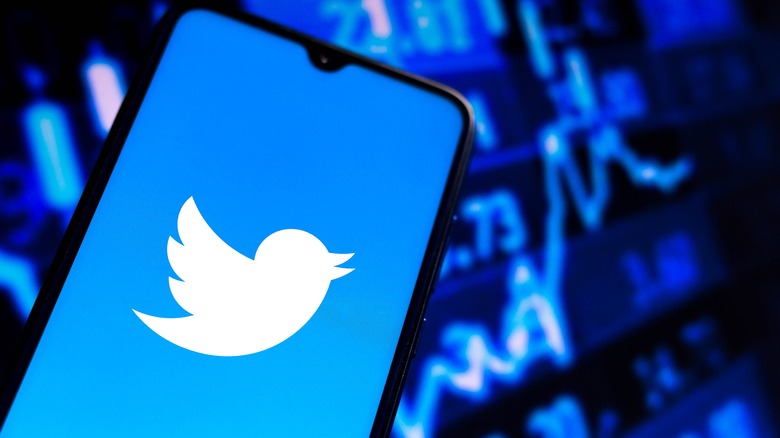Elon Musk's X Corp Files $1 Million Lawsuit Over Twitter Data Scraping
Elon Musk is cracking down on data scrapers. The billionaire's company X Corp. recently filed a lawsuit in Texas that alleges that four scrapers flooded Twitter with false and automated sign-ups in an attempt to obtain user data. While the targets of this lawsuit have not been identified, they are distinguished by their IP addresses, which can be fairly easy to change.
"Scraping interferes with the legitimate operation of websites and mobile applications, including Twitter, by placing millions of requests that tax the capacity of servers and impair the experience of actual users," the suit reads, according to information first obtained by WFAA. "The technology used by data scrapers to send massive numbers of requests and to circumvent detection can make online platforms less stable and harm the experience of legitimate users."
What adds to intrigue in this case is the fact that this alleged scraping was the cause of a highly controversial policy for the popular social media app. The lawsuit claims that the strain put on the company's servers by it forced Twitter to limit the number of tweets users could view in a day. This policy was seen in effect on July 1 and was the subject of intense backlash from users, given that Twitter Blue subscribers were given a higher view count limit.
The challenges ahead for X Corp.
The lawsuit claims that the alleged data scrapping by the four unnamed individuals has damaged the function and image of Twitter. As a result, it has requested a trial to assess and receive damages, the full amount of which would be determined in the proceedings.
Although the motion to sue has been filed, Musk's case might not be simple. For starters, the lack of identity attributed to the scrapers makes it difficult to actually prosecute them in the event they are found guilty. The lawsuit also alleges that the theoretical damages will involve a "disgorgement of [the] Defendants' profits" from the scraping." Market Research Future estimates that the web scraping industry will reach over a billion dollars by 2030. Without these identities being known before the lawsuit filing, it could be difficult to enact any solid action against them.
What's also important to understand is that, technically, web scraping public data isn't illegal. The U.S. Ninth Circuit of Appeals determined as such back in April 2022, according to TechCrunch, and the majority of data the scrapers were targeting was publicly-available Twitter data, which can include posts and user bios. Since this act wasn't in violation of the Computer Fraud and Abuse Act, it'll be difficult for X Corps. to prove illegality. Regardless, the lawsuit likely has a long way to go before a resolution in the District Court of Dallas County is determined.
The full lawsuit document can be found on Document Cloud.

